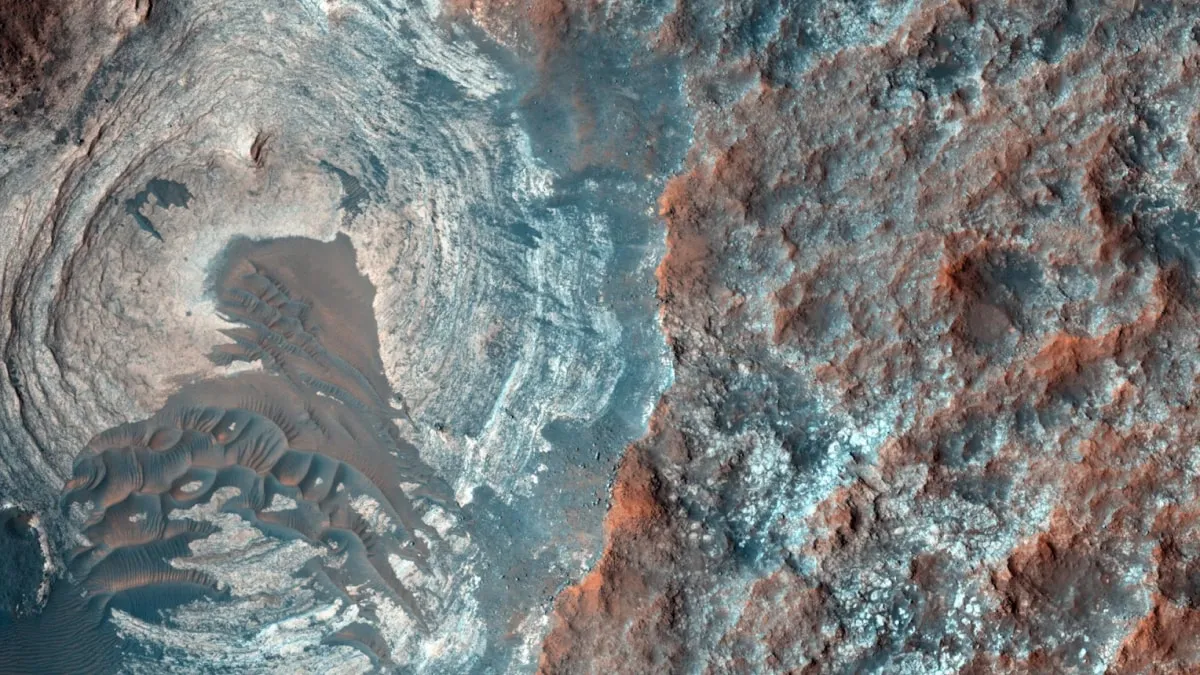Artificial Intelligence Overhauls Our Understanding of Cosmological Parameters

Revolutionising Cosmological Parameters
Artificial intelligence (AI) is reshaping astronomical research by improving precision in understanding the universe's fundamental parameters. Researchers at the Flatiron Institute's Center for Computational Astrophysics (CCA) have harnessed AI to calculate the five cosmological parameters that define the universe, significantly enhancing our understanding of its structure and evolution.
Understanding the Universe's Settings
The five cosmological parameters are crucial as they essentially dictate how the universe operates on the largest scales. Liam Parker, an astronomer at CCA, explained that these parameters serve as the universe's operating instructions. To acquire these parameters precisely, the research team employed AI to analyse data from over 100,000 galaxies observed in the Sloan Digital Sky Survey (SDSS), which is vital for mapping the universe.
Maximising Data Efficiency
This AI application allowed the team to extract detailed insights from the SDSS, a feat previously hindered by the overwhelming data volume and limitations in conventional analysis methods. Co-author Shirley Ho noted the significant costs of such surveys, which can reach billions of dollars. By utilizing AI, the research team has broadened the potential insights derived from these surveys.
Training AI for Enhanced Precision
The team trained the AI model on 2,000 simulated universes, encompassing diverse cosmological settings coupled with real-world challenges like atmospheric distortion. After training, they applied the AI to actual SDSS data, resulting in a dramatic reduction of uncertainty in measuring the universe's clumpiness by over half compared to traditional methods.
Impact on Cosmic Mysteries
The evolution of AI within cosmology not only refines existing techniques but also assists in addressing critical cosmic questions. Improved precision could be crucial in resolving discrepancies in the Hubble constant measurements and advancing our comprehension of the universe.
As new surveys, such as the European Euclid survey, become operational, the AI techniques developed by the CCA team will be essential in optimally analysing these datasets. Efficiently interpreting vast amounts of cosmic information marks a substantial leap in our ongoing quest to understand the universe's core parameters.
This article was prepared using information from open sources in accordance with the principles of Ethical Policy. The editorial team is not responsible for absolute accuracy, as it relies on data from the sources referenced.